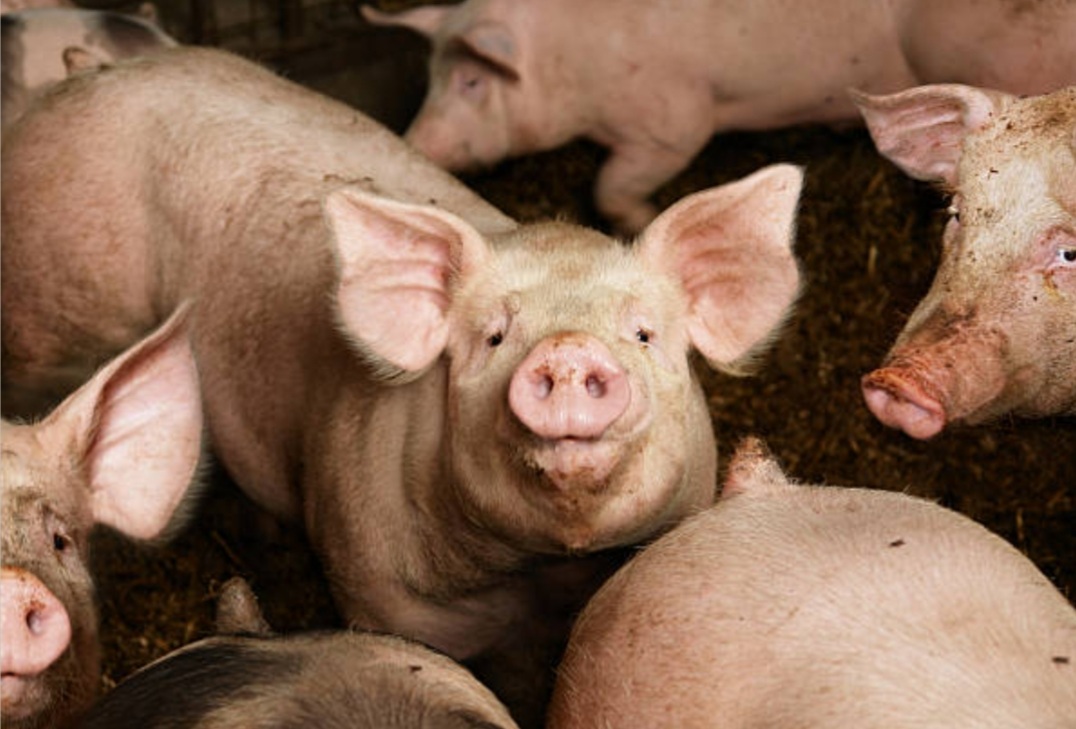Bureau of Animal Industry ordered to 'refine' vaccination protocol of ASF vaccines
By Jel Santos

To expedite the controlled vaccination of the African Swine Fever (ASF) vaccines, Department of Agriculture (DA) Secretary Francisco Tiu Laurel Jr. has instructed the Bureau of Animal Industry (BAI) to “refine” its vaccination protocol.
The results of blood tests conducted by BAI on 36 pigs, vaccinated last month in Lobo, Batangas—the ground zero of the latest ASF outbreak—showed that the animals have generated sufficient antibodies to resist the ASF virus.
“We're hopeful that impending changes to the vaccination protocol will finally fast-track the vaccine rollout and finally address our problem with this stubborn virus,” Laurel said in a statement on Friday, Oct. 18.
Meanwhile, Laurel acknowledged that many backyard hog raisers remain hesitant to participate due to concerns that their pigs could be culled if tests reveal infection.
In August, the DA procured 10,000 doses of AVAC live vaccines from Vietnam through emergency procurement as part of a larger initiative to distribute at least 600,000 doses.
The goal of this vaccine rollout is to eliminate the deadly ASF virus, which has ravaged the local hog industry since the first outbreak in 2019.
As of Oct. 2, the latest BAI data revealed that ASF remains active in 30 provinces across 14 of the country’s 17 regions.
ASF is a highly contagious viral disease that affects domestic pigs and wild boars.
Although the disease doesn’t pose any risk to humans, experts said that it has devastating effects on pig populations and the livestock industry, causing high mortality rates and often wiping out entire herds.
ASF is transmitted through direct contact with infected animals, contaminated feed, or materials such as equipment and clothing, making it difficult to control once it spreads.